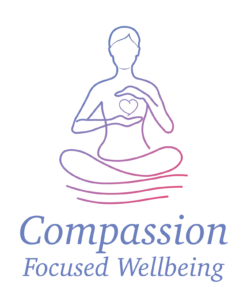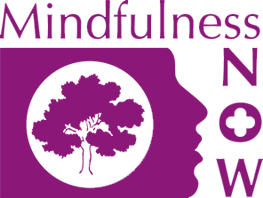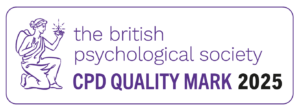A Comprehensive Guide to Compassion Focused Therapy (CFT) and the Compassion Focused Wellbeing (CFW) Approach
What Is Compassion Focused Therapy (CFT)?
Compassion Focused Therapy (CFT) is an evidence-based therapeutic approach developed by Professor Paul Gilbert, a clinical psychologist and researcher. Originally created to support individuals with high levels of shame and self-criticism, CFT draws on evolutionary psychology, neuroscience, and Buddhist philosophy to help people cultivate compassion for themselves and others.
You can explore Paul Gilbert’s extensive work through resources such as:
CFT helps people engage with difficult emotions more skilfully, by working with what Gilbert describes as the three emotional regulation systems:
The threat system (fight, flight, freeze)
The drive system (achievement, motivation)
The soothing system (calm, safety, connection)
Through guided practices, exercises, and psychoeducation, CFT aims to activate and strengthen the soothing system.
CFT in Practice: An Integration with Other Approaches
Over time, CFT has been integrated with other compassion-based methods such as Mindful Self-Compassion (MSC), developed by Kristin Neff and Christopher Germer. MSC helps participants respond to their suffering with warmth, patience, and understanding.
You can find more about MSC here:
This integration has inspired new, trauma-informed approaches to wellbeing, including Compassion Focused Wellbeing (CFW).

Introducing: Compassion Focused Wellbeing (CFW)
The Compassion Focused Wellbeing (CFW) programme is a trauma-sensitive, integrated training approach that brings together the best of CFT, MSC, and the Mindfulness Now Programme (a fusion of MBSR and MBCT).
🔗 Explore the CFW Teacher Training Course
Developed by Nick Cooke and Madeleine Agnew over the past decade, the CFW Programme supports clients and mindfulness participants in cultivating deeper compassion, emotional resilience, and recovery from trauma.
The course is delivered by the UK College of Mindfulness Meditation, and is fully approved by:

What’s Included in the CFW Training?
The CFW course covers:
✅ Introducing compassion and the CFW framework
✅ The 10 Attitudes of Compassion
✅ The 8-week CFW Programme structure
✅ Teaching in groups and 1:1 settings
✅ History and core principles of CFT, MSC, and Mindfulness Now
✅ Working with the emotional regulation systems
✅ Creative exercises, visualisation and compassionate journalling
✅ Addressing barriers to compassion and understanding ‘backdraft’
✅ Trauma-informed delivery and ethical considerations
✅ Self-care for practitioners
✅ Compassion-based work with children and teens
✅ Compassionate retreats and 4-week CFW for young people
Frequently Asked Questions (FAQ)
What is the difference between CFT and MSC?
CFT is a psychotherapy model developed by Paul Gilbert, whereas MSC is a skills-based programme developed by Kristin Neff and Christopher Germer. CFW brings them together for a therapeutic and accessible training model.
Who can benefit from Compassion Focused Wellbeing?
Anyone experiencing high self-criticism, shame, or emotional suffering — including people living with trauma, chronic pain, anxiety, or depression.
Can I train to teach CFW if I am already a mindfulness teacher?
Yes. The course is designed to complement and build upon existing mindfulness training. It’s ideal for graduates of programmes like Mindfulness Now.
How does CFW help with trauma?
CFW is trauma-informed. It emphasises emotional safety, pacing, and awareness of “backdraft” — the resistance that can arise when people begin to feel compassion for themselves after long periods of suffering.
Is this training accredited?
Yes. It is approved by the NRPC, NCH, and MTA, ensuring it meets high professional standards.
Learn More and Apply Today
Compassion Focused Wellbeing is an essential evolution in the world of mindfulness and compassion-based training. It honours both the science and the spirit of compassion, making it practical, powerful, and deeply human.




